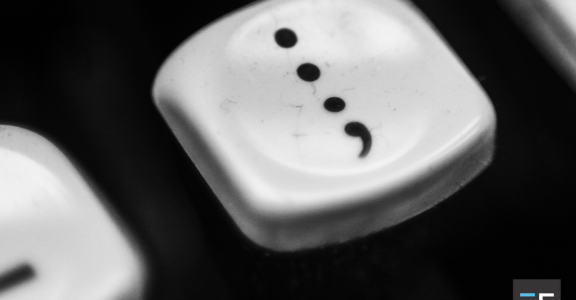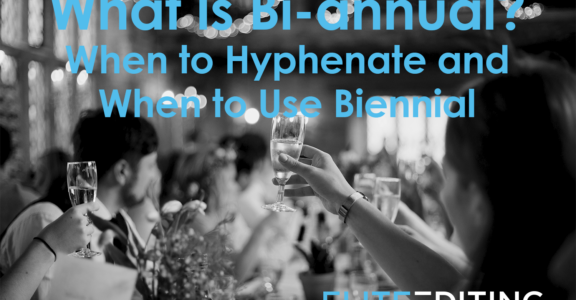Confused about the difference (if there is any) between these two terms—despite or in spite of—that are often used interchangeably? Check out our quick tip on knowing when to use which, and wonder no more.
Short Answer

The phrase in spite of and the word despite are interchangeable and can equally be used correctly to mean “without being affected by.”
Long Answer
- Although in spite of and despite are interchangeable, several style guides prefer to use fewer words when fewer words will do, so they recommend always using despite.
- Additionally, watch out for placing the preposition of after despite (despite of)—it doesn’t belong there! This is always true, unless despite is also preceded by in: in despite of means “in defiance of.”
- And finally, remember that in spite is two words, while despite is one.







